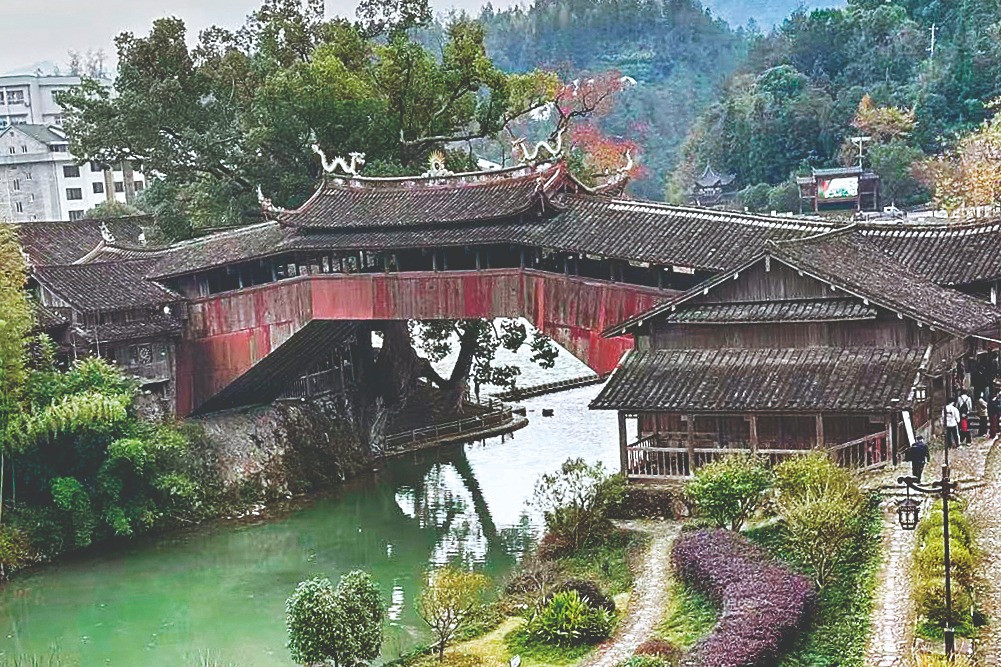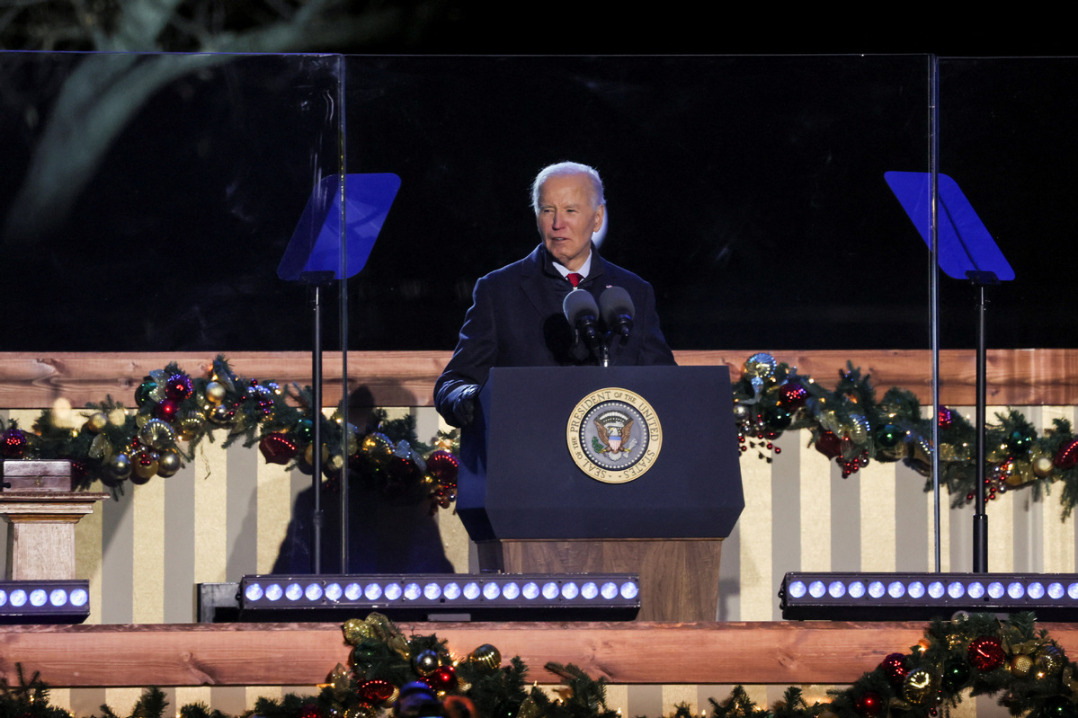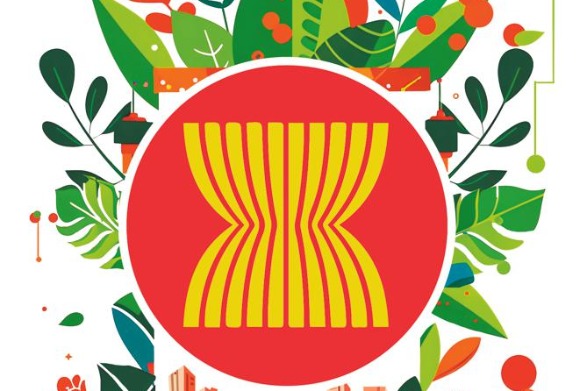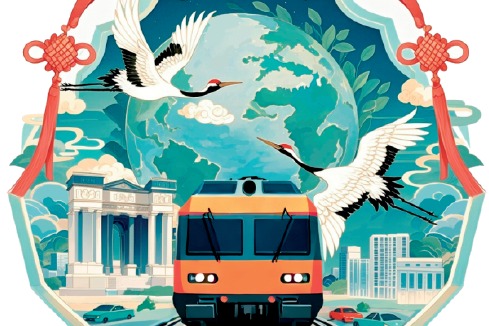US only pays lip service to solving Africa's problems

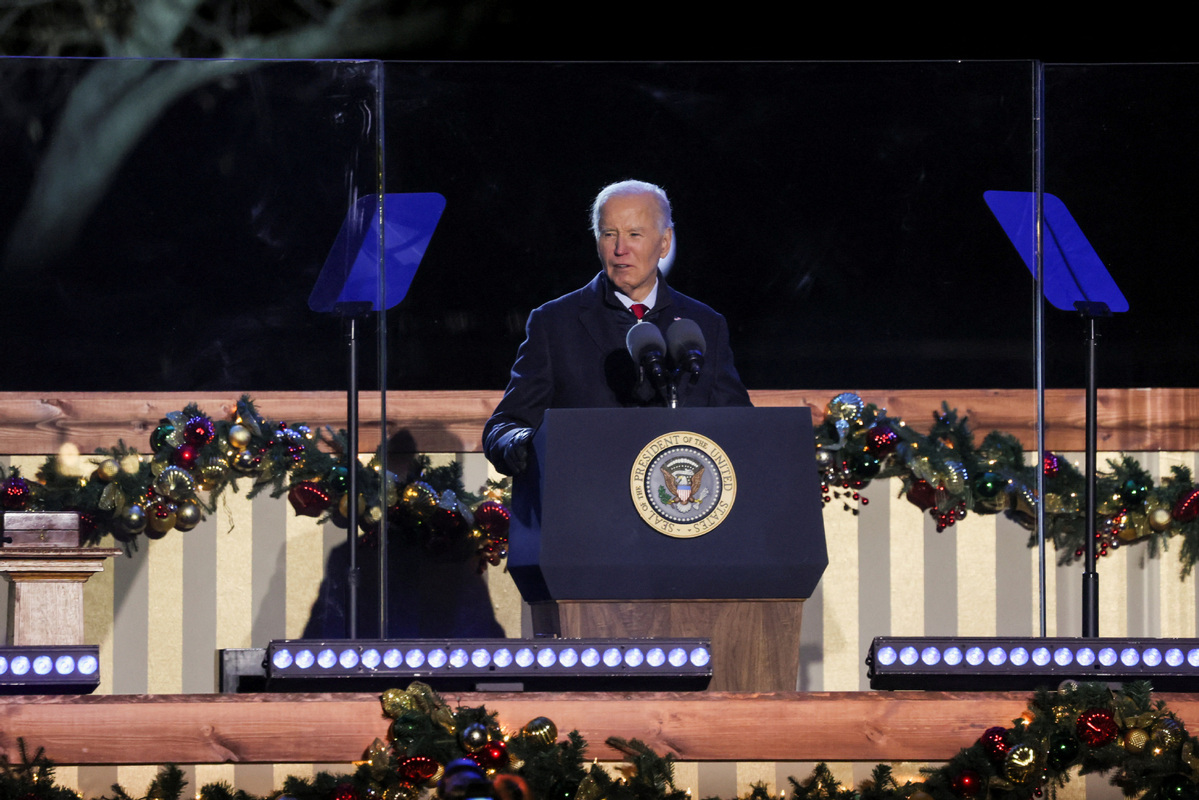
On hearing US President Joe Biden admit that slavery is the United States' "original sin" which has "haunted America" and cast "a long shadow ever since" on the country in a speech he delivered at the National Museum of Slavery in Belas, Angola, on Tuesday, I had an instinctive feeling that he would make the first visit to the country by a US president and his only trip to sub-Saharan Africa in his capacity of US president a diplomatic show to claim the US has an open-arm policy toward the whole of Africa.
And the way Biden's high-profile three-day visit to Angola unfolded proved my instinct was right.
The "Fact Sheet" readout released by the White House on his visit to Angola is full of names of gaudy projects and initiatives but without mentioning when and how they would be completed, which showed the US, as always, is willing to only pay lip service to addressing Africa's burning issues.
At the US-Africa Summit he hosted in Washington two years ago, Biden promised to visit Africa soon and vowed to provide a $55 billion aid package for the continent. Yet, as has been the US' wont, that promise is yet to materialize. Even though Biden finally set foot in Africa, most of his African hosts would be questioning to what extent he can fulfill his new promises with only a few weeks left of his tenure. It's another matter that the old promises are still to see the light of day.
So despite Biden promising to build with other G7 countries a 1,344-kilometer railway of strategic importance to the African people, connecting the cobalt, lithium and copper mines in the Democratic Republic of Congo, the copper belt of Zambia and the Angolan port city of Lobito on the Atlantic Ocean, few really believe the ambitious Lobito Corridor, which would cost about $600 billion, will materialize in the foreseeable future.
The US side has hinted that the investment commitment could be realized through 2027, but shied away from saying whether the incoming US administration would fulfill Biden's promise or when the previous $55 billion package would materialize. Given the lack of interest of US companies and investors in Africa, how and when the promised old and new investments will materialize remains a mystery.
In fact, the railway is only one part of the across-the-board aid package Biden promised to Africa. His promises cover areas ranging from public health and governance to security and cyberspace. The vagueness of the funding details notwithstanding, the nature of the so-called US aid package makes one thing clear, as does the White House readout: the projects and initiatives, especially the projects related to security and resources, are attached to or require the creation of specific conditions in line with American "values".
That, as experience shows, would give the US the leverage to interfere in African countries' internal affairs on the pretext of protecting human rights, spreading democracy and/or fighting corruption.
The lesson that one draws from Washington's aid package for Africa is that nothing is more expensive than something offered for free.
Yet the US is hell-bent on drawing innumerable pies in the sky for Africa in spite of knowing that its budget can only be described as meager. That's because it basically regards the continent as an arena for geopolitical games in which it cannot accept having been left behind.
Although Biden did not directly touch upon geopolitical issues during his visit, the senior officials of his administration who visited the continent before him, including the top diplomat and defense and commerce chiefs, overtly or covertly drove home the message that the US' investment in or aid to African countries is to counter the influence of other external powers in Africa.
As long as Washington sticks to its zerosum game mentality, it cannot win the trust of the African people no matter how much its leader pretends to confess the US' "original sin".
The author is a writer with China Daily.
liyang@chinadaily.com.cn

















